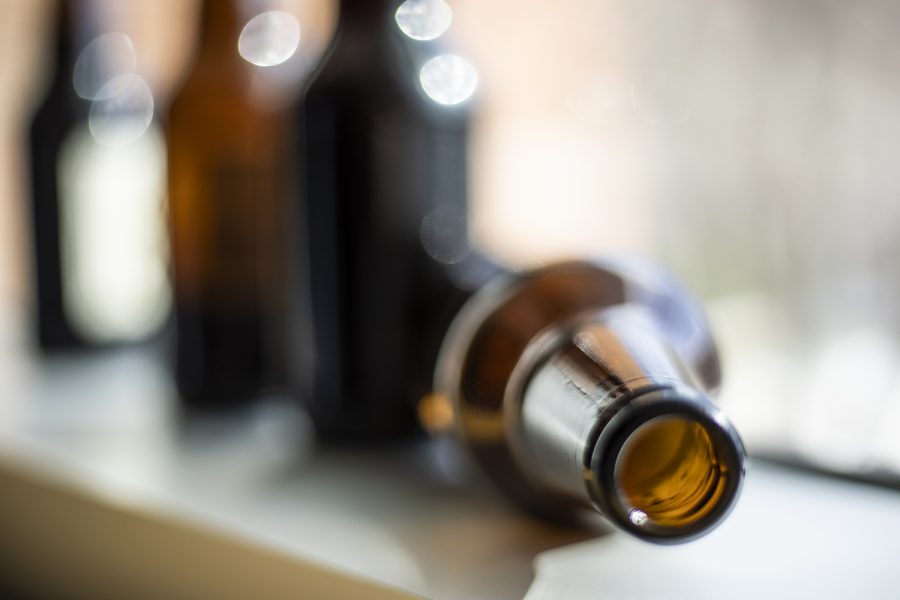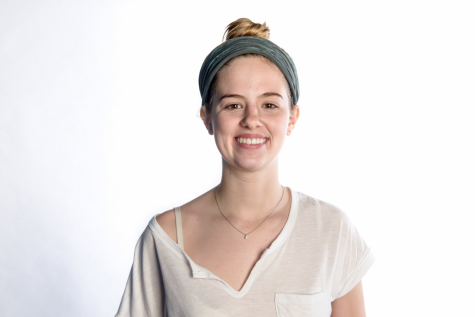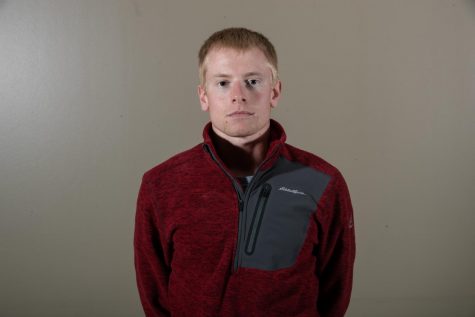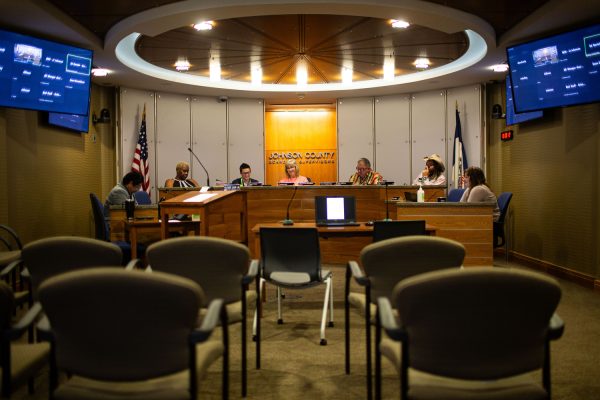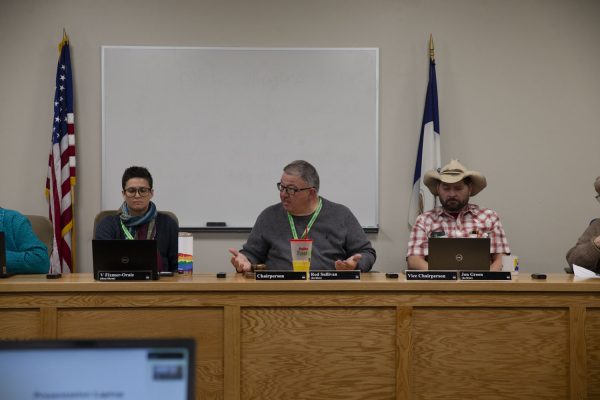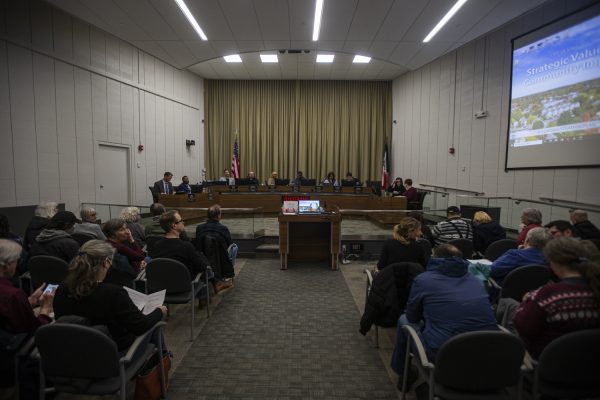UI researchers plan a study to find more effective and efficient responses to alcohol use disorders
Paul Gilbert and co-investigators want to gather information on three main components of alcohol use disorder: different definitions and understandings of recovery, behavior change strategies used to get there, and the success rate of these strategies in order to formulate more responses to the disease.
Photo illustration by Ryan Adams
October 16, 2019
Whether because of work, housing, or a simple unwillingness to go, not everyone with an alcohol use disorder makes it to a treatment facility. University of Iowa researchers aim to discover new recovery processes that are more efficient and effective for these individuals.
Paul Gilbert, assistant professor of community and behavioral health at the UI College of Public Health, is in charge of this study. Gilbert said 14 percent of the adult population in the U.S. meet the criteria for an alcohol use disorder any given year, but only 10 to 15 percent of those people will seek help.
Data collection for the study will begin after Jan. 1. The National Institute on Alcohol Abuse and Alcoholism awarded the UI research team a $2.27 million grant to carry out the study.
Despite various efforts and interventions to boost treatment use, these numbers don’t seem to budge, Gilbert said.
“There’s also an acknowledgement that most of the people with an alcohol use disorder will resolve it, overcome it, deal with it at some point,” Gilbert said. “There’s a big question — what is this large group of folks, folks who don’t get any formal help, but do manage to resolve their problem. What exactly are they doing?”
Gilbert will try to answer three main questions: how individuals define or understand recovery, what behavior change strategies they use and how it relates to their understanding of recovery, and how successful their behavioral change strategies are, he said.
Two ways to define recovery could be quitting alcohol altogether or simply reducing consumption, said Anne Helene Skinstad, UI clinical professor of community and behavioral health.
There are many different recovery processes, Skinstad said, including reduction in consumption, use of self-help and peer support groups, therapy, medical and/or psychological treatment, or quitting without any help at all.
“No recovery process is wrong or right,” Skinstad said. “The main thing is that it is right for the person going through the process. I think we’ve just scratched the surface when it comes to what recovery really means.”
Grant Brown, UI assistant professor of biostatistics, worked with Gilbert to design the study and determine what data is necessary to build a compartmental model, which describes a complicated process that occurs over a long period of time.
RELATED: Research warns against substance abuse among college students
Gilbert said he will follow up with a group of individuals from their national sample who were less than five years in recovery when initially interviewed. These individuals will be studied for stability of recovery, any redox episodes, or any strategies they switch to over the next three years.
Gilbert will gather information about what they are doing to maintain recovery and how their understanding or definitions of recovery shift, he said.
“One of the questions that we have is whether or not those transitions between states, the recovery and maintenance process, whether those are predictable, and whether we can learn anything about how those occur,” Brown said. “We are starting with some basic comparisons, but then building a more nuanced compartmental model to help us understand that recovery process.”
Gilbert said he wants to know if more low-burden responses can be developed, as well as those that are easier for an individual to accomplish alone or with a small group of supporters, especially when they are earlier in the course of the problem, he said.
“The overall motivation for this study is to expand the repertoire of possible responses that we have,” Gilbert said. “We know that lots of people drink, and a good number of those people will have some sort of problem. Right now, we just don’t have a whole lot of responses to help folks who have some sort of [drinking] problem.”



